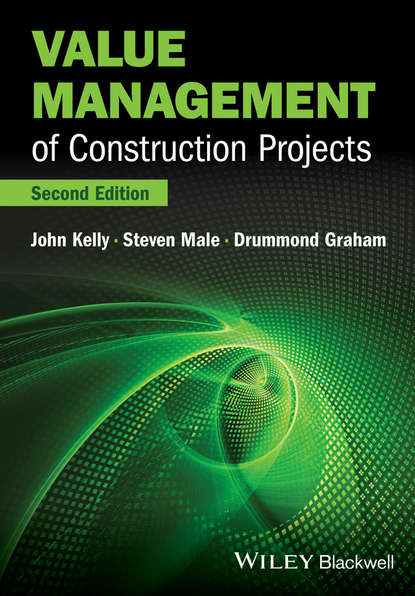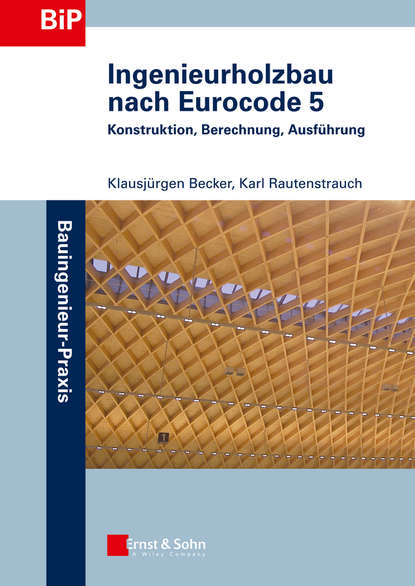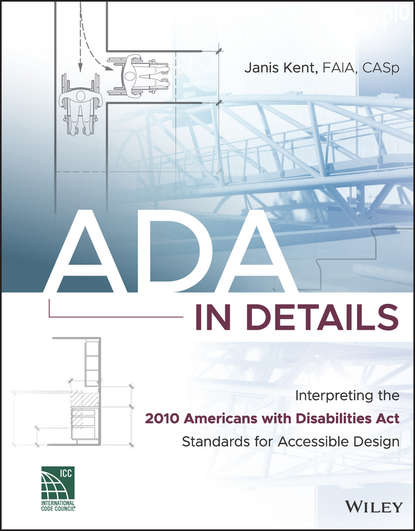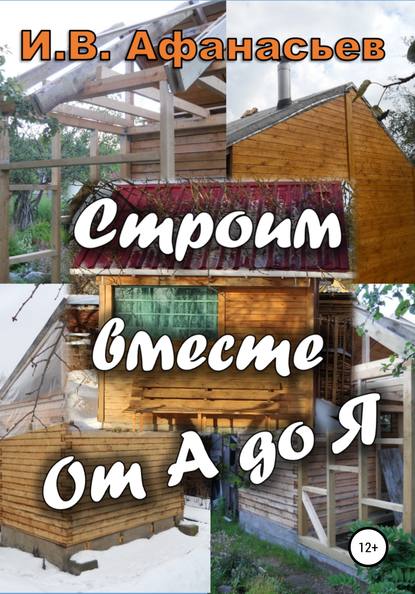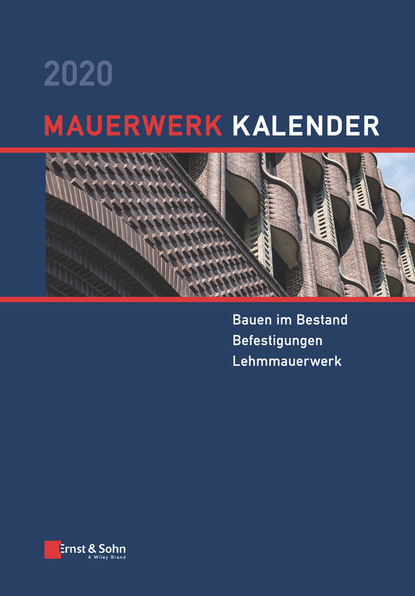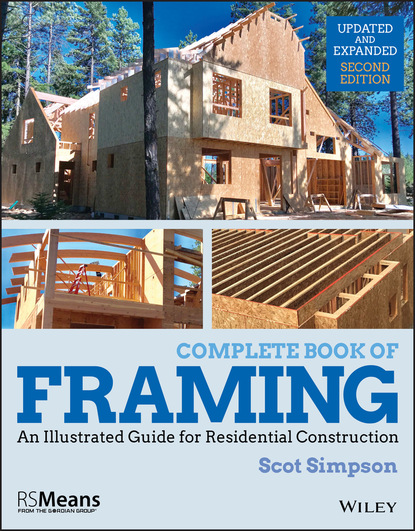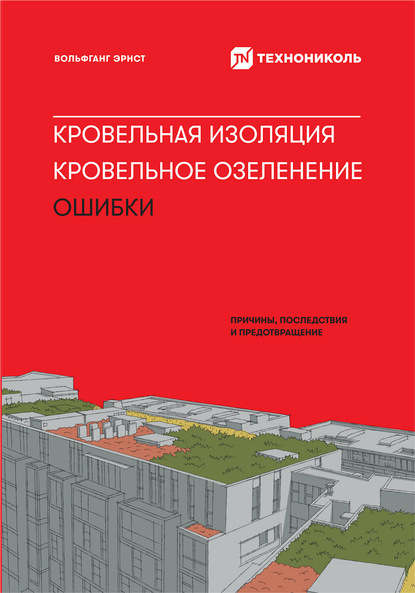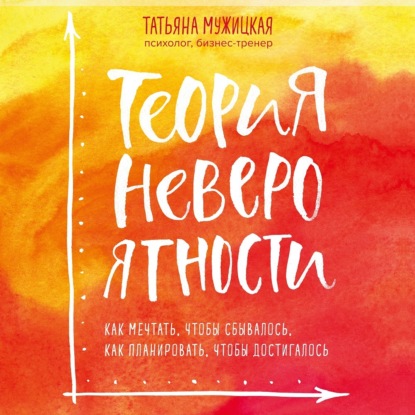Книга "Управление стоимостью строительных проектов" ("Value Management of Construction Projects") описывает философию, принципы и методологию управления, которые помогают принимать организационные решения и повышать стоимость продуктов и услуг. Второе издание расширяет интегрированную философию управления и методику управления стоимостью для применения в областях предоставления услуг, управления активами, программ и проектов, а также продуктов и процессов. Управление стоимостью является хорошо известной методологией в международной строительной отрасли и в Великобритании было одобрено как хорошая практика в ряде правительственных отчетов. В книге авторы обсуждают практические возможности и трудности управления стоимостью, синтезируя фон, международные разработки, стандарты и свой собственный опыт консультантов и исследователей в области управления стоимостью, чтобы предоставить полный пакет теории и практики. Второе издание сохранило структуру первого издания, описывающую методы и практики, рамки стоимости и будущее управления стоимостью. Книга была тщательно обновлена, и добавлено несколько новых глав для отражения новых разработок в теории и практике, включая последние стандарты и рекомендации в области управления стоимостью. Книга будет полезна заказчикам в строительной отрасли, включая государственных и частных заказчиков, а также профессионалам, таким как консультанты по стоимости строительства, количественные оценщики, архитекторы, управляющие активами, инженеры-строители и управляющие проектами. Книга также будет интересна исследователям и студентам, изучающим строительство. В приложении книги содержится обширный набор инструментов и техник, которые могут быть полезны в практике управления стоимостью.
Электронная Книга «Value Management of Construction Projects» написана автором John Kelly в году.
Минимальный возраст читателя: 0
Язык: Английский
ISBN: 9781118355152
Описание книги от John Kelly
Value Management is a philosophy, set of principles and a structured management methodology for improving organisational decision-making and value-for-money. The second edition builds on the success of the first edition by extending the integrated value philosophy, methodology and tool kit to describe the application of Value Management to the areas of service delivery, asset management, and, Programmes, in addition to Projects, products and processes. Value Management is a well-established methodology in the international construction industry, and in the UK has been endorsed as good practice in a range of government sponsored reports. In this book the authors have addressed the practical opportunities and difficulties of Value Management by synthesising the background, international developments, benchmarking and their own extensive consultancy and action research experience in Value Management to provide a comprehensive package of theory and practice. The second edition retains the structure of the first edition, covering methods and practices, frameworks of value and the future of value management. It has been thoroughly updated, and a number of new chapters added to encapsulate further extensions to current theory and practice. In particular, the new edition responds to: A range of recent UK industry and government publications; and most notably BS EN 16271:2012 – Value management: Functional expression of the need and functional performance specification; the imminent update of BS EN 12973:2000 Value Management; BS EN 1325 Value Management – Vocabulary, Terms and definitions; the changes to «Value for Europe» governing the training and certification of Value Management in European Union countries; the UK Government’s Management of Value (MoV) initiative, together with other leading reports, international guidance and standards on Value Management. Research in Value Management undertaken since publication of the first edition. Changes in Value Management practice particularly in Programmes and Projects. Developments in the theory of value, principally value for money measures, whole life value option appraisal, and benefits realisation. Initiatives in asset management initiatives covering the management of physical infrastructure, for example the recent launch of a suite of three standards under the generic title of BS ISO 55000: 2014 Asset Management, and its predecessor BSI PAS55 2008 “Asset Management: Specification For The Optimized Management Of Physical Assets” The second edition contains a dedicated chapter of exemplar case studies drawn from the authors’ experience, selected to demonstrate the new areas of theory and practice. An Appendix includes an extensive set of tools and techniques of use in Value Management practice. Construction clients, including those in both the public and private sectors, and professionals such as construction cost consultants, quantity surveyors, architects, asset managers, construction engineers, and construction managers will all find Value Management of Construction Projects to be essential reading. It will also be of interest to researchers and students on construction rela
